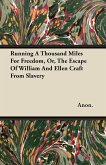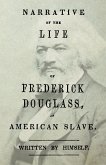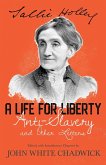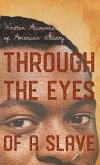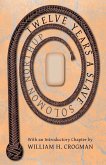Frederick Douglass (1818¿1895) was an American escaped slave who became a prominent activist, author, and public speaker who garnered significant acclaim for his 1845 autobiography. A leading figure in the abolitionist movement, he fought for the end of slavery until the 1862 Emancipation Proclamation and continued to vehemently fight for human rights until his death. This volume contains Charles Chesnutt's 1899 biography of Frederick Douglass, describing his escape from slavery, becoming a national leader of the abolitionist movement, rise to fame for his oratory skills, and his seminal antislavery writings. Highly recommended for those interested in African-American history and literature. Charles Waddell Chesnutt (1858¿1932) was an African-American essayist, author, activist and lawyer famous for his fiction dealing with racial identity in the post-Civil War South. Read & Co. History is proudly republishing this classic biography in a brand new edition, complete with an introductory poem by Paul Laurence Dunbar and an essay by W. H. Crogman.
Hinweis: Dieser Artikel kann nur an eine deutsche Lieferadresse ausgeliefert werden.
Hinweis: Dieser Artikel kann nur an eine deutsche Lieferadresse ausgeliefert werden.


